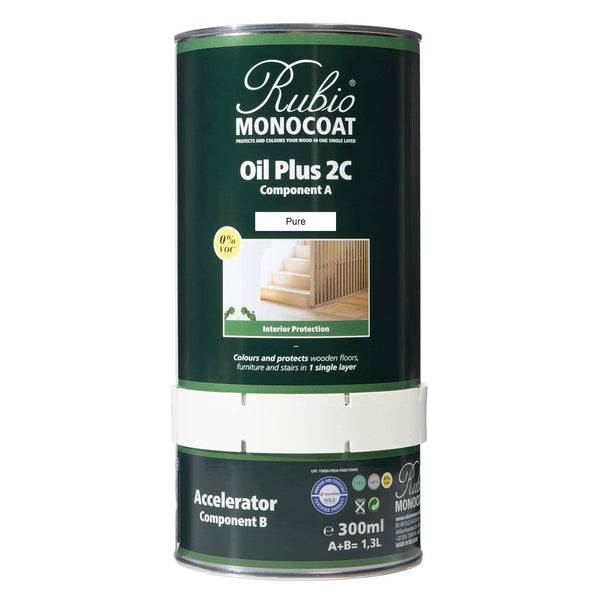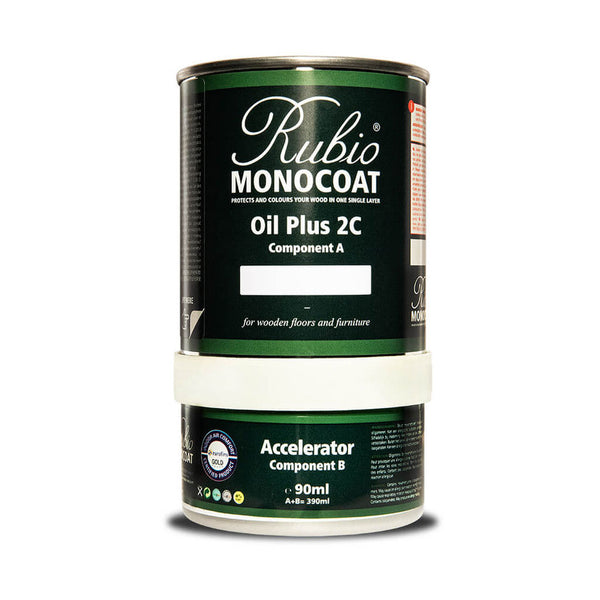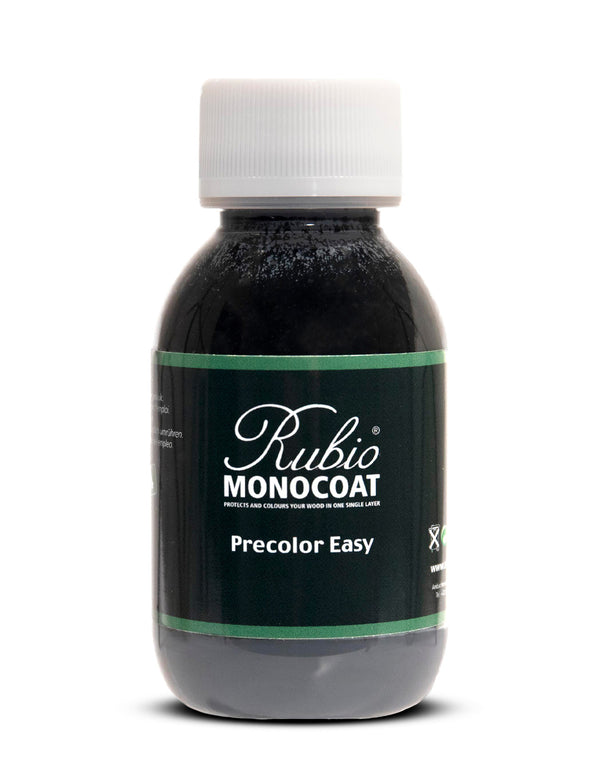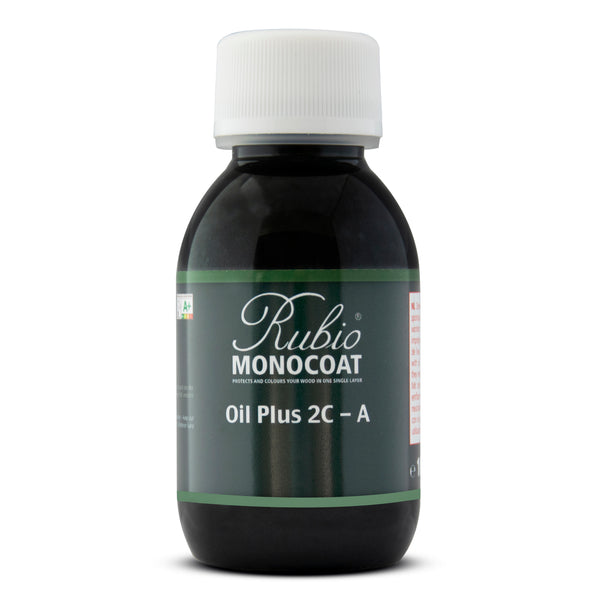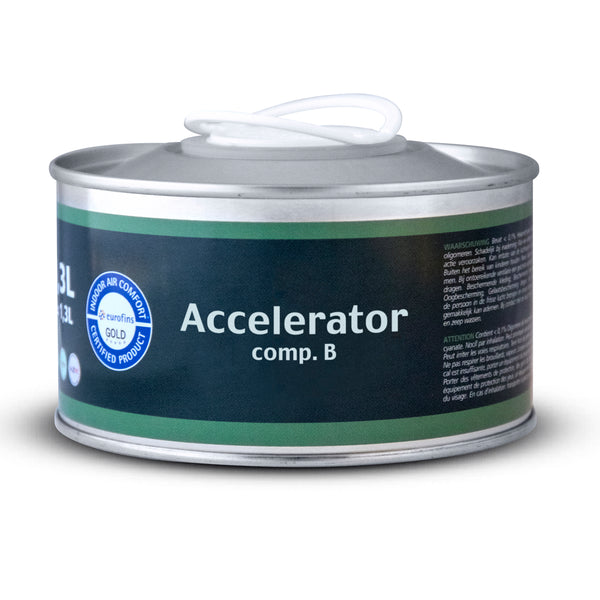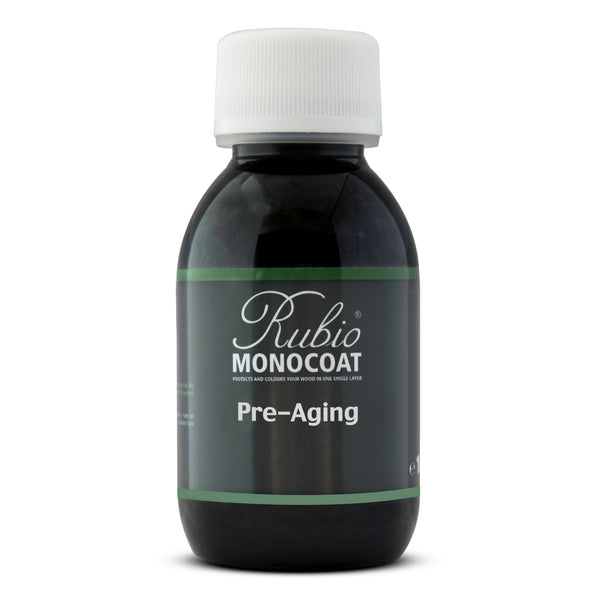Hardwax Oil vs. Polyurethane: What's the Difference?
Posted by SPECIAL HARDWOOD
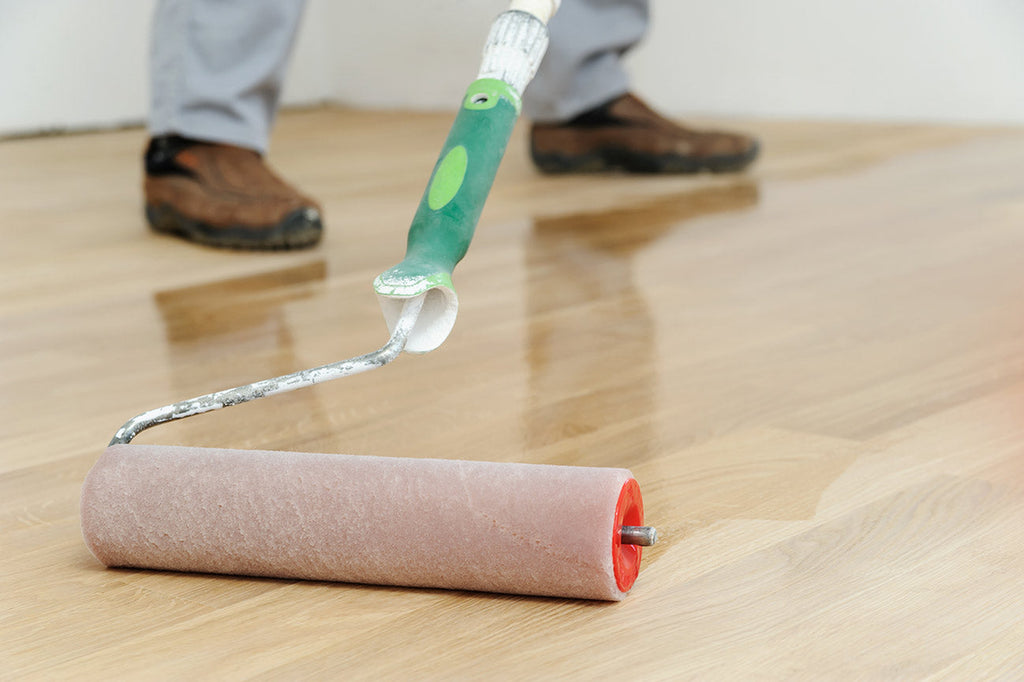
Installing or restoring a hardwood floor is more than a design choice - it’s a lasting investment that enhances your space with its character and natural beauty. Each species of wood and each plank provides a stylistic opportunity, reacting uniquely to different finishes depending on the tannin content and many other factors. That’s why finding the right finish type for your floor is nearly as important as choosing the floor itself.
When deciding between an all-natural hard wax oil finish, like Rubio Monocoat 2C Oil, and Ciranova UN1CO, or a polyurethane finish, there are many characteristics to consider. These include finish appearance and feel, ease of application, protection/durability, ease of maintenance, and overall value. Let’s explore the differences between Hardwax Oil and Polyurethane to help determine which finish you should choose.
 Hardwax Oil vs. Polyurethane Appearance - Sheen and Color
Hardwax Oil vs. Polyurethane Appearance - Sheen and Color
Hardwax Oil Sheen
Hardwax oils are a great option if you are looking for a matte finish that keeps both the natural look and feel of the wood. If you would like to enhance the sheen, this can be achieved with applying additional products like Rubio Monocoat SheenPlus and Universal Maintenance Oil.
Polyurethane Sheen
Polyurethane finishes offer varying sheen levels ranging from glossy to matte, although a small amount of sheen will be present due to light refraction on the polyurethane film. In addition, it reduces the amount of wood texture present in the final finish, providing a smoother-looking finish.
Hardwax Oil Color
Because pigment can be added directly to hardwax oil products, it’s easy to achieve a range of color finishes in one coat. Rubio Monocoat Oil Plus 2C, for instance, offers a comprehensive color selection including pure, with no-color pigment, as well as 54 other color options. In addition, pre-treatment products offer further customization options, usually by reacting with tannins in specific species for smoked, aged, weathered, and contrasting looks.
Polyurethane Color
Typically, to achieve a color finish with polyurethane, a pigmented stain must be applied before finishing the floor. Stains, especially color stains, require a skilled hand because of their tendency to leave overlap marks.
Finish Appearance: Sheen Level and Color Options
For those looking for a natural-looking finish or a wide range of color options, hardwax oils are a great option. For those looking for a smoother finish with enhanced sheen, polyurethane will achieve optimal results.
Hardwax Oil vs. Polyurethane Finish - Which Is Easier to Use?
Hardwax Oil Application
Hardwax oil wood finishes typically require a single application, making the application process relatively fast and easy for professionals and do-it-yourselfers alike.
Applying hardwax oil involves working the product into the wood, either by hand or with an electric buffing tool. Excess oil is removed with absorbing rags, making it easy to avoid dust or dirt entering the finish during the curing process.
In addition, most hardwax oils like Rubio Monocoat Oil Plus 2C are fast curing (2C is 80% cured in two days and can be cleaned in five days). Because most all hardwax oils are 100% VOC-free, the application process does not have the same ventilation and PPE requirements
Polyurethane Application
Polyurethane relies on a build-up of film to provide protection, most polyurethane finishes demand a minimum of three coats for optimal wood protection. The application process involves multiple steps, including abrasion between applications for proper adhesion.
In addition, a fair amount of skill and care is required when finishing, to achieve a smooth finish without any overlap lines or dust/particulate. While oil-based polyurethane finishes are more forgiving, both are less user-friendly than working with hardwax oil.
Ease of Application Comparison: Number of Coats and Simplicity
The simplicity and time-saving aspects of hardwax oil wood finishes shine through when compared to the multi-coat requirement and meticulous application demands of polyurethane.
Hardwax Oil vs Polyurethane - Which Provides More Protection?
Hardwax Oil Protection
Hardwax Oil finishes provide unique protective properties because of their oil and wax formulation. The wax in the finish repels liquid, causing it to bead up on the surface of the finish.
Depending on the wood species and oil used, hardwax oil will harden on the surface of finished wood floors. This creates a hard wearing protective barrier against water, heat, and daily wear and tear. It does not protect against chemicals as effectively as polyurethane, however.
Of course, scratches and scuffs will occur, but can often be repaired with a spot application of the oil. Hardwax oil’s low-sheen appearance means light scratches on the surface are less visible than scratches in polyurethane finishes.
In addition, because Hardwax oil penetrates the wood instead of forming a film on top, it allows for consistent vapor transmission in your flooring. This means wood acclimates to moisture levels more easily and is less likely to shift as humidity changes.
Polyurethane Protection
Polyurethane achieves protection by creating synthetic layers of film above the wood surface. This thick film protects against wear and tear and provides durable and long-lasting protection against chemicals and liquids. Scratches are a bit more prominent due to light refraction on the sheen’s finish and can be more difficult to repair.
In addition, because polyurethane finishes rely on a protective film layer, wood is more likely to shift with changes in humidity.
Protection Comparison: Beading, Scratch Visibility, and Moisture Control
Both finishes protect against wear and tear and allow liquids to bead for easy cleaning, but polyurethane offers extended protection against chemicals. The plastic film in polyurethane makes scratches more visible compared to the low-sheen hardwax oil. Hardwax Oil provides superior moisture control, minimizing unwanted movement due to humidity changes.
Hardwax Oil vs Polyurethane: Which Is Easier to Clean/Maintain?

Hardwax Oil Cleaning
Manufacturers recommend general cleaning including dusting, vacuuming, and damp cleaning using water or the recommended cleaning solution to maintain the finish’s protection and performance.
Some recommended cleaners such as Ciranova Flooring Soap distribute an oil film during use, cleaning, nourishing, and protecting the wood during cleaning. Products such as Rubio Monocoat Soap thoroughly remove dirt and grease without leaving behind a film.
Polyurethane Cleaning
Polyurethane finishes, similar to hardwax oil, advise general cleaning methods using specific or approved cleaners. Ciranova offers a comprehensive line of cleaning and maintenance products for non-oil finished floors.
Hardwax Oil Maintenance
Hardwax oil requires periodic re-oiling or refreshing to sustain protection and beauty, with products like Rubio Monocoat Universal Maintenance Oil. This process is relatively simple, involving application to specific areas without the need for complete floor renewal.
Polyurethane Maintenance
Polyurethane may necessitate periodic "buff and coat" maintenance, involving furniture removal, surface abrasion, and recoating. However, this process can highlight surface scratches.
Cleaning and Maintenance Comparison
If using manufacturer-recommended cleaning products and standard cleaning practices, care for both finishes is quite easy and relatively similar. Both finishes require regular maintenance, with hardwax oil needing more frequent but simpler maintenance compared to the less frequent but more labor-intensive maintenance required for polyurethane finishes.
Hardwax Oil vs. Polyurethane - Which Is Easier To Repair?
Hardwax Oil Repair
Hardwax oil's unique characteristic allows localized spot repair. Re-introducing oil to specific areas ensures a consistent look, although slight sheen differences might exist until the surface fully cures.
Polyurethane Repair
Polyurethane repairs are challenging, often necessitating the re-sanding and re-finishing of the entire surface due to difficulty in spot repairing.
Repairability Comparison: Spot Fixes and Maintenance
Hardwax oil facilitates significantly easier repairs compared to the demanding and often exhaustive process required for polyurethane.
Hardwax Oil vs Polyurethane Comparison - Advantages and Disadvantages
| Advantages | Hardwax Oil | Polyurethane |
|---|---|---|
| Non-toxic and VOC-free | ✔️ | |
| Color variety | ✔️ | |
| Easy Application | ✔️ | |
| Prevents wood drying | ✔️ | |
| Character enhancement options | ✔️ | |
| Permeable barrier preventing mold growth and unwanted shifting | ✔️ | |
| Durable protection from wear and tear | ✔️ | ✔️ |
| Water resistance | ✔️ | ✔️ |
| Low cost | ✔️ | |
| Simplified finishing and repair | ✔️ | |
| Disadvantages | Hardwax Oil | Polyurethane |
| VOC emissions | ✔️ | |
| Less forgiving application process | ✔️ | |
| Yellowing effect over time (only in oil-based polyurethane) | ✔️ | |
| Impractical spot repair process | ✔️ | |
| Intensive refinishing process | ✔️ | |
| More visible scratches | ✔️ | |
| Moisture retention | ✔️ | |
| Artificial appearance (in water-based finishes) | ✔️ | |
| More regular maintenance | ✔️ | |
| Limited sheen enhancement options | ✔️ |
Should You Choose A Hardwax Oil Or Polyurethane Finish?
Both hardwax oil and polyurethane finishes offer unique benefits and challenges in application, protection, reparability, cleaning, and maintenance. The choice of finish ultimately depends on your preference, skill level, and what will best suit your floor.
Special Hardwood has the both experience and selection to help you find the right finish for your floor. Whether you're looking for the natural look and one-coat convenience of oil finishes such as Rubio Monocoat Oil Plus 2C or Cirvanova Un1co, the sheen of polyurethane, or would like more guidance, consider Special Hardwood your one stop shop for the right finish for your wood floor.
Contact us today or browse our comprehensive selection of finishes here.
Looking for a way to tone down the pink or red tones in your wood? Check out our article, How to Neutralize Red Tones in Wood for product recommendations and helpful tips and tricks.
TAGS:
SHARE:




